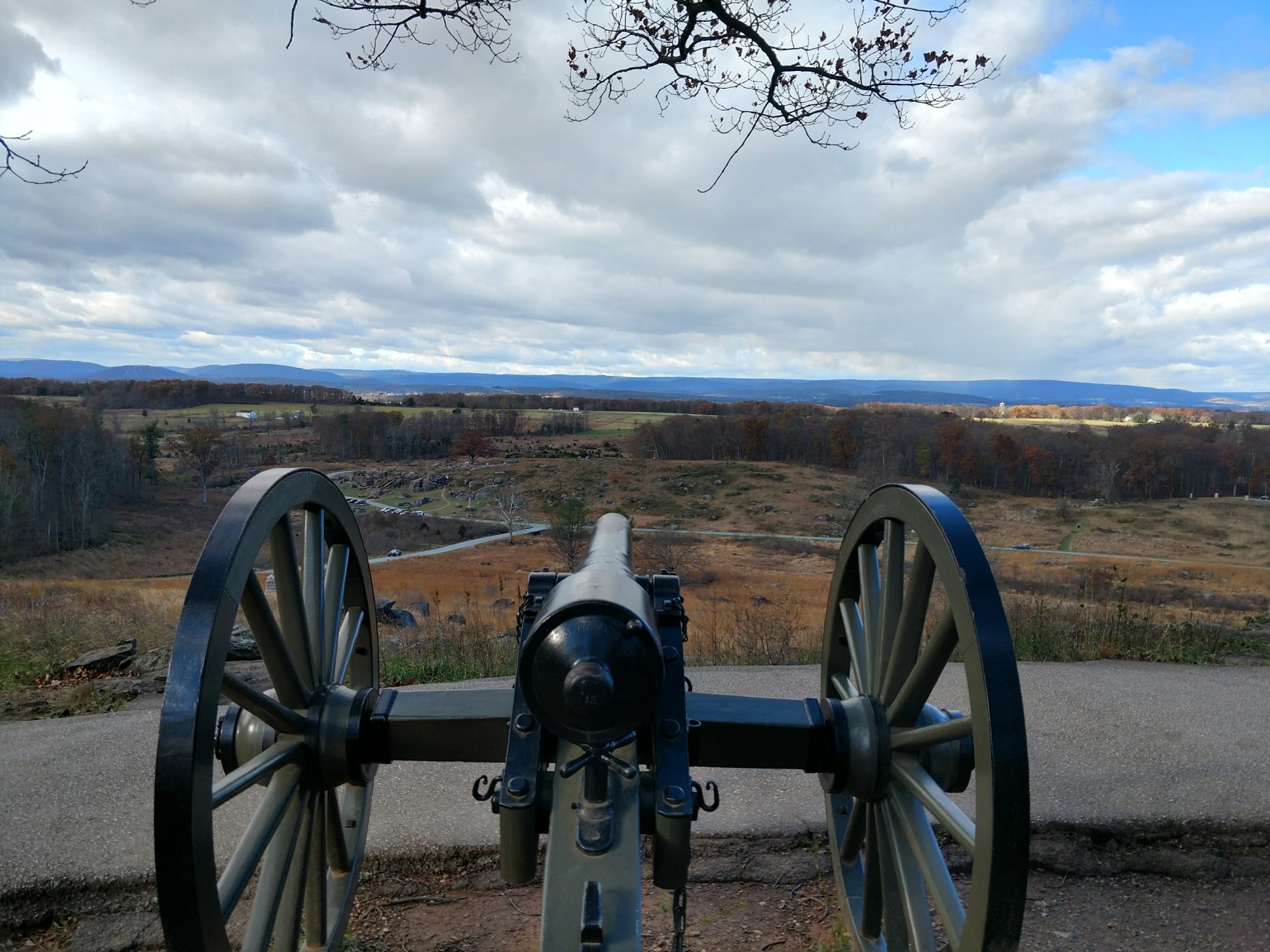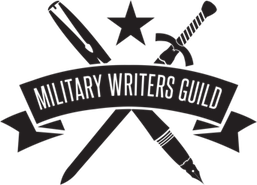Today’s post is by guest author, SoonerGrunt. He is a retired Army non-commissioned officer with twenty-two years of experience in both the Regular Army and the Army National Guard.

My Twitter friend Angry Staff Officer had a response from a junior officer’s perspective to a blog post entitled “31 Things Your Senior Rater Wants You To Know And Probably Won’t Tell You.” I read ASO’s response, and I have a few things to say from the noncommissioned officer’s perspective. For background, I was in the Army and the Army National Guard for 22 years, and I deployed to Bosnia once, Afghanistan twice, and Iraq twice. From an NCO perspective, spot on. I didn’t have a lot of heartache about the other guy’s blog posting, because I figured it was all officer business–that weird shit that comes with the shiny rank. I figured it was like going to visit the battalion commander on New Year’s Day, or dancing naked around a pig on a BBQ spit somewhere out in the training area–just something officers had to do.
So I tweeted a few things from an NCO perspective, and here they are:
GET OUT OF THE WAY, AND LET US DO OUR JOBS.
The only commissioned officer I ever met who could do my job better than me had been a special forces E-7 before he got his commission.
Show my Soldiers you care about their welfare. If they think you’ll throw them under the bus at the first opportunity, or that you won’t do your part to ensure their basic needs are met, they won’t lay down their lives at your command.
Lead from the front. Believe me, troops know when the commander or the platoon leader can hack it and when he can’t. They also know when the platoon leader is too close to the guys, what they can get away with. Love your men with all your heart, but remember that you may have to order us into deadly situations one day. So lead. If they think you won’t take the risk too, or that they can get out of it, they’ll do it. Do physical training with us a couple of days every week, at a minimum. The troops need to see that you’re sweating along with us.
If you have a beef with me, don’t ever call me out in front of my men. If they think you don’t trust or respect me, they have no reason to follow me up that hill you’re going to order us to take next week. And if troops know when an officer can’t hack it, they damn sure know when an NCO can’t. If you think I can’t do my job, you need to remove me. Nothing is as toxic for junior enlisted morale as an incompetent or unprofessional NCO who appears to be supported by the chain of command.

In garrison, whether it’s a range, it’s training lanes, land navigation, or it’s police call, that’s my show. I know you have better things to do. By all means, ask my men questions about the unit, about me, about the Army, and whatever else strikes your fancy, and encourage honesty from them, but let us get the job done, first, and second, be prepared for that honesty…
Eighty percent of the gripes you hear from Joe and Jane Snuffy are, quite frankly, bullshit. They want what they can’t have, and it probably isn’t good for them or for the unit or for the Army anyway. Seventeen percent of the gripes will be about things that are true. You just can’t do anything about them. The Army is the Army, after all, and even Joe and Jane know that. But that last three percent? That’s where you can make a difference in a young Soldier’s life, and the lives of his or her platoon-mates. And that last three percent might be the difference between a great young specialist deciding to re-up instead of getting out.
Let Sergeant’s Time be Sergeant’s Time. Walk around and see what we’re doing. But don’t dictate the Sergeant’s Time training schedule, and don’t let the command sergeant major or the first sergeant do it either. You get to do that the other four days of the week and in the field. Give us back that one day a week where my squad leaders can train their men on the issues they see every single day. The squad leaders know better than I, and a hell of lot better than you, where the deficiencies in their squads are, and who the stars in their squad are, and who shouldn’t be trusted with automatic weapons but slipped through Fort Benning anyway. It’s on the squad leader’s head to turn these men into a coherent fighting unit, to recognize and start training the ones who are ready to be NCOs, and the ones who need to be thanked for their service and sent on their way. Believe me, if you give us back this tool, you won’t be disappointed in the results in a few months’ time.

Give us a coherent vision of where we are today, where you want us next week and next month. Let us figure out how to get there. Hold us accountable for the progress, and don’t be afraid to change the vision or the goals as circumstances change. Just keep us informed when you do that.
And for all the jokes about lieutenants proving that college can’t be that hard, and so on, we really do understand that you’re either doing, or preparing to do things that we’re not equipped by education or temperament to do. And believe it or not, we respect that. We see a lot more than you think we do, just like you do with your seniors
I keep coming back to this, because it’s so important: let NCO business be NCO business. Sometimes, when a troop is getting smoked for example, we’re trying to handle an infraction or discipline lapse in such a way that that he doesn’t have a disproportionate punishment or a Uniform Code of Military Justice mark, or we’re trying to keep you from having to stand in the brigade executive officer’s office trying to explain exactly why Private Snuffy got drunk, got naked, and put on a regulation face/neck/hands camouflage paint job and a thin coat of CLP, and ran around the parade field screaming until he passed out in the brigade command sergeant major’s flower bed last night. Yes, this actually happened, at Fort Ord in 1992. No, I was not the private. The camo job was perfect, by the way. Like, straight out of the SMCT.
Lastly, let us let the guys chill every so often. If you happen upon a squad or platoon that seems to be fucking off for a bit, well, we probably are. As long as the tracks run, the PT tests are passed, and the formations are made on time, and you’re not seeing the same guys screwing off a lot, let it go. I can’t give every one of my men an Army Commendation Medal, and not everybody deserves one, but I can give the squad an hour or two away from the BS every so often.
Enjoy what you just read? Please share on social media using the buttons below.




Agreed on all counts. Former combat engineer NCO, now a Nurse Corps captain, so my experience isn’t exactly what you are talking about, but the generalities apply. Number one rule all officers (especially the junior type) should follow is: if it ain’t broke, don’t fix it.
And don’t forget to submit your top performers for awards. Aside from a VA-issued gravestone that nobody visits, that shadow box is going to be all that’s left of their service someday: it’s up to you to make sure their grandkids know how awesome they were in the service of their country.
LikeLiked by 1 person
Agree with 99% of everything he has to say. I seriously gave thought to giving a Warrant Officer’s perspective to the junior and senior RLO bitching contest having observed and been a victim of both sides for over 24 years, but I decided to hold true to the Warrant Officer tradition of sayin’ “ahh…f–ck-it”
LikeLiked by 1 person
Ah yes, the quintessential perspective from the NCO.
The “get out of my way and let me do my job” argument is DOA. I used to have to remind my squad leaders and PSGs that if we were having this discussion, they weren’t doing their job or they were failing at it. The bottom line is that the majority of NCOs aren’t doing the right thing, and it takes the right combination from the CO and 1SG to enable these young NCOs to do their job, oh, and to remind these YOUNG E7s how to mentor and develop even YOUNGER platoon leaders.
“The only commissioned officer I ever met who could do my job better than me had been a special forces E-7 before he got his commission.”
…Uggh, not again
LikeLike
“The bottom line is that the majority of NCOs aren’t doing the right thing”
Seriously? What type of garbage units have you been in?
LikeLike
This is good advice and perspective for officers…who admittedly sometimes get lulled into thinking that the unit revolves around them and they have all the answers. Keep in mind, though, that commanders have an obligation to dive into the details on certain aspects of “NCO Business,” particularly activity that is high risk or will have an impact on readiness. That includes the range, where unit leaders had better have a live fire certification program to ensure regulation compliance, safety, doctrinal consideration, and effective training standards.
Regardless, all of the intrusions mentioned here can be fixed by a straightforward conversation between leaders. Most unit friction is the result of miscommunication and assumptions. Take a moment, admit you don’t know the whole story, and ask.
Good piece and thanks for taking the time to influence the force!
LikeLike